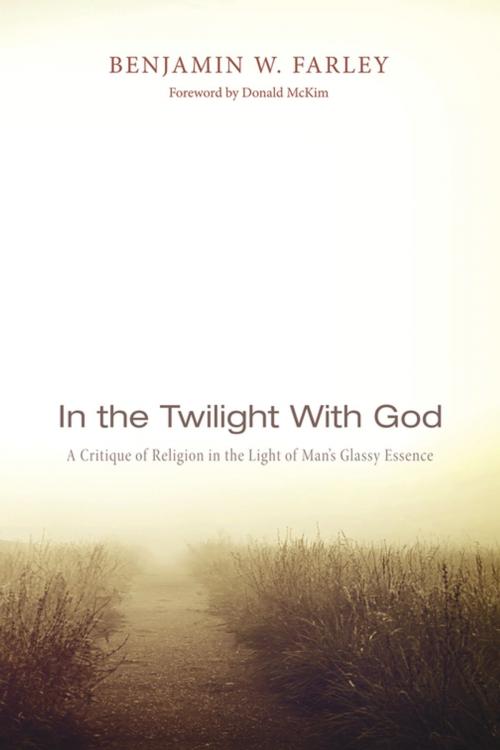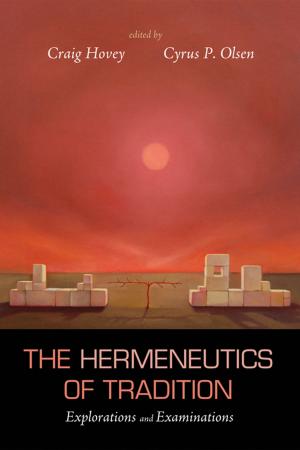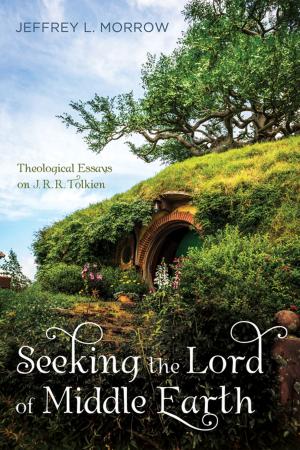In the Twilight with God
A Critique of Religion in the Light of Man’s Glassy Essence
Nonfiction, Religion & Spirituality| Author: | Benjamin W. Farley | ISBN: | 9781630876685 |
| Publisher: | Wipf and Stock Publishers | Publication: | November 19, 2014 |
| Imprint: | Cascade Books | Language: | English |
| Author: | Benjamin W. Farley |
| ISBN: | 9781630876685 |
| Publisher: | Wipf and Stock Publishers |
| Publication: | November 19, 2014 |
| Imprint: | Cascade Books |
| Language: | English |
Granted that God may exist, how may God be defined in our time? Addressing this issue Benjamin Farley explores a variety of belief systems, Western and Eastern, religious and skeptical. Taking an approach that is both critical of religion as well as sympathetic, Farley refuses to shy away from hard questions or to dismiss constructive answers that speak to the human condition. He distinguishes human "intellectual ascent" towards God from humankind's "innate and inner sense" to know and relate to the living God, demonstrating the efforts and rewards of both approaches in Christianity, as well as in Hinduism, Buddhism, Taoism, and Zen. Alongside these more obviously "religious" approaches, Farley reviews the methodologies and findings of today's greatest scientific minds, including skeptics such as Hawking, Dawkins, and Wilson, as well as their skeptical forerunners of the past. He argues that belief in God can no more ignore the scientific truth about the universe than science can dismiss the spiritual yearnings and hunger of humanity for purpose, meaning, and its inescapable sense of the presence of God.
Granted that God may exist, how may God be defined in our time? Addressing this issue Benjamin Farley explores a variety of belief systems, Western and Eastern, religious and skeptical. Taking an approach that is both critical of religion as well as sympathetic, Farley refuses to shy away from hard questions or to dismiss constructive answers that speak to the human condition. He distinguishes human "intellectual ascent" towards God from humankind's "innate and inner sense" to know and relate to the living God, demonstrating the efforts and rewards of both approaches in Christianity, as well as in Hinduism, Buddhism, Taoism, and Zen. Alongside these more obviously "religious" approaches, Farley reviews the methodologies and findings of today's greatest scientific minds, including skeptics such as Hawking, Dawkins, and Wilson, as well as their skeptical forerunners of the past. He argues that belief in God can no more ignore the scientific truth about the universe than science can dismiss the spiritual yearnings and hunger of humanity for purpose, meaning, and its inescapable sense of the presence of God.















